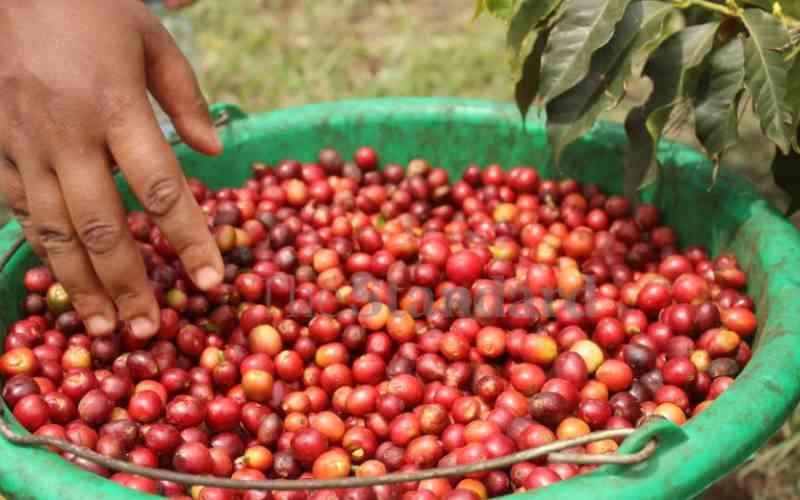×
The Standard e-Paper
Join Thousands Daily

There has been talk of faceless puppeteers who have gamed the intricate coffee system of production and sale.
Cartels have been blamed for holding the industry in their thrall. Stakeholders hope that intractable problems will soon be resolved over a cup of coffee.